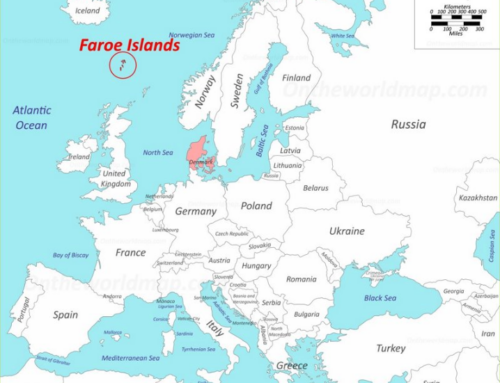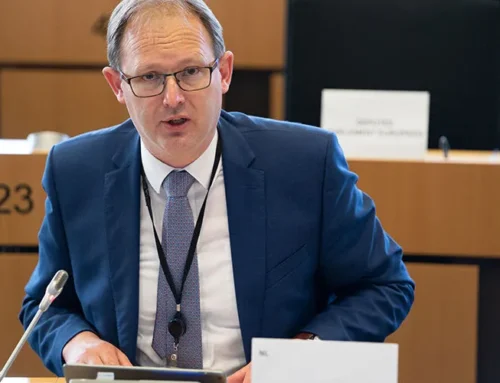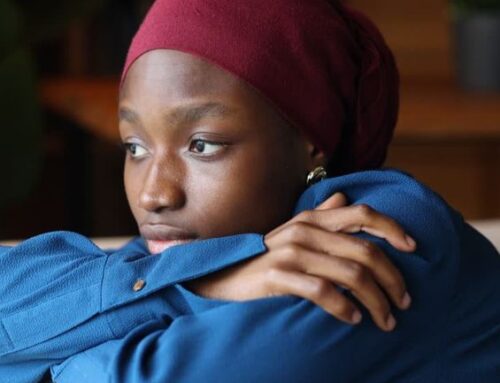Public relations gimmick or genuine ‘choice’
A pro-abortion adoption agency? The very idea may sound like an oxymoron. What about a pro-adoption abortion facility? Nevertheless, to Corinna Lohser and Cristina Page, co-founders of the recently created Adoption Access Network, these are newly stated goals of the so-called pro-choice movement.
It is no secret that the term pro-choice is understood by pro-lifers as a euphemism for pro-abortion. Historically the word ‘choice’ has functioned as a synonym for ‘abortion’ in political and social debates. Pro-lifers dispute the legitimacy of using ‘choice’ in such a manner because of the social and psychological coercion often influencing a woman’s decision to abort, not to mention the general lack of options made available to women at abortion facilities. The work of the New York-based AAN, therefore, may come as quite a surprise to pro-lifers.
According to Corinna Lohser, AAN “is a national coalition of adoption agencies, family planning and abortion services providers, community health centers, academic and professional medical associations, and membership/advocacy organizations with a shared goal of making adoption more accessible for women facing unplanned pregnancy.” In accordance with their mandate, AAN conducts training programs for abortion providers regarding counseling and state procedures for adoption. They have even put up posters in some Planned Parenthood facilities that say, “Questions about adoption? We can answer those, too.”
Lohser told New York Times journalist Susan Dominus that while working at an abortion facility in Cleveland she often found herself sympathizing with the women who would react very negatively to the thought of putting their child up for adoption, presumably never to see him or her again. Frances Keet of Aid to Women, a crisis pregnancy center in downtown Toronto which provides women considering abortion with alternatives, remarked to The Interim on the phenomenon of women in crisis pregnancies exhibiting an almost reflexive dislike for adoption. Keet said, “from our experiences, every time we’ve mentioned adoption the women are really appalled by it. They think ‘Why give my baby up? I’ll never know where they are. That’s worse than abortion.’ Its really sad that that seems to be the majority of the mentality on adoption now. (Adoption) is not a positive thing right now for most women unfortunately.”
For her own part, as Lohser learned more about modern adoption procedures she realized that she and the women had been labouring under misconceptions about the nature of modern adoption programs, including their ability to offer ‘open’ adoptions whereby the birth parents may keep in contact with their child. With the financial support of Spence-Chapin, the ‘pro-choice’ adoption agency where she is currently working, and the help of colleague Cristina Page, an abortion advocate and leader in the Common Ground movement, Lohser formed the Adoption Access Network to provide an educational resource that would help “to make adoption a subject that patients and social workers alike feel more comfortable broaching in abortion clinics.”
While still remaining skeptical of how thoroughly abortion workers will implement adoption counseling into their practices, pro-lifers must no doubt be thinking “so far so good.” As Dominus wrote in the New York Times, AAN is “the rare phenomenon (we’re talking meteor-striker rare) that feminists on both sides of the abortion debate – the Sarah Palin-mam grizzly variety, as well as the old-school, march-on-Washington kind – can get behind.” Yet Dominus – who was either naïve or did not probe very deeply – is only half right, because this is only half the story.
Annie Newman, managing director for feminist website RH Reality Check, wrote an online piece in response to the Times article, seeking to clarify and expand on the topic which she felt Dominus had covered poorly. Newman quoted extensively from Page, who provided some highly revealing information.
Said Page, “The whole mission of our project is to bring pro-choice standards to the field of adoption … Adoption can be a very shadowy, sketchy field in which sometimes people with ulterior motives work under the guise of serving women but really have an interest in what a woman does with her pregnancy. But, here’s the thing about the Adoption Access Network. The only interest we have is that she has all her choices available to her.” The people Page refers to so ominously are members of traditional adoption agencies who refuse to offer their clients the alternative of abortion.
AAN, Newman says, is seeking to create and expand adoption agencies that will offer a ‘full range’ of ‘reproductive health services,’ including abortion referrals. In this sense, it really is about genuinely offering women choice. The question some may be asking, of course, is why an abortion facility would even bother offering adoption services.
As inspiration for her work, Page quotes something said by the infamous late-term abortionist Dr. George Tiller at a National Abortion Federation conference just three weeks before his murder. Page reports that, following a presentation she gave on adoption, Tiller stepped up “and made a plea to his provider colleagues that they take a more active role in caring for women who are choosing adoption. Was that a political strategy? No. He said some of the most fulfilling parts of his career were about helping women place their babies up for adoption.”
Besides giving abortion referrals, pro-choice adoption agencies also cater to prospective gay and lesbian adoptees, unlike many religious and conservative adoption agencies. Newman wrote, “Developing a network of pro-choice adoption agencies changes family rights. Anecdotally, (Page) tells me, pro-choice adoption agencies have an active pool of gay and lesbian parents wanting to adopt.”




